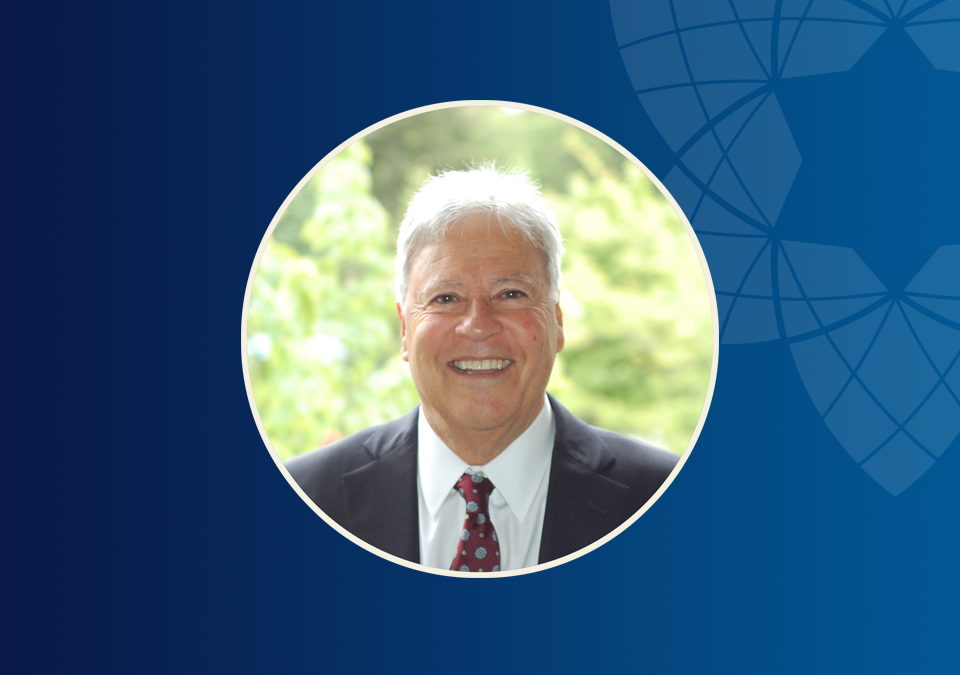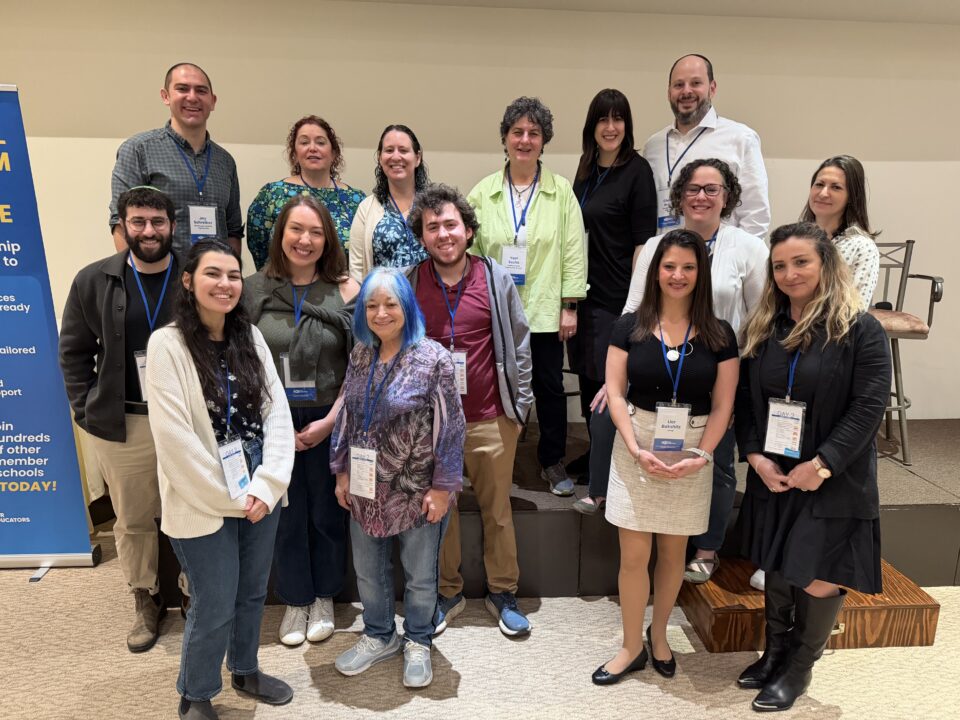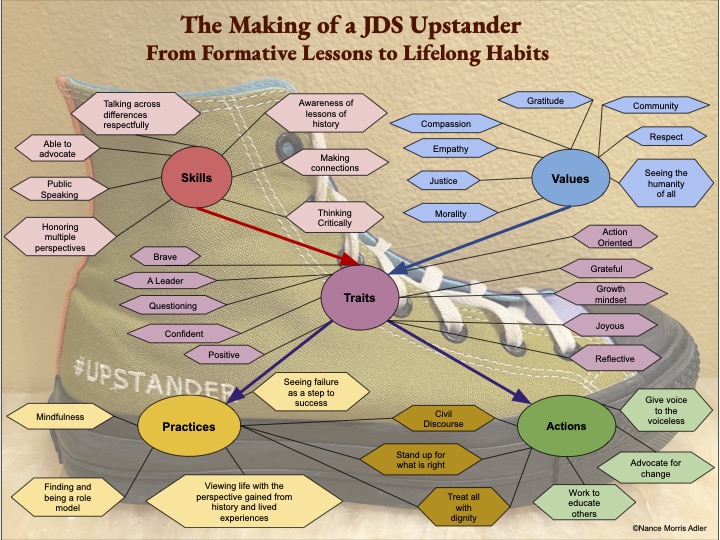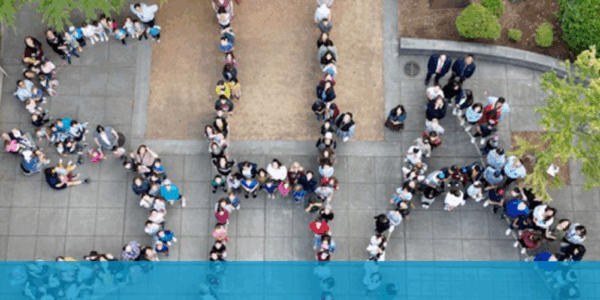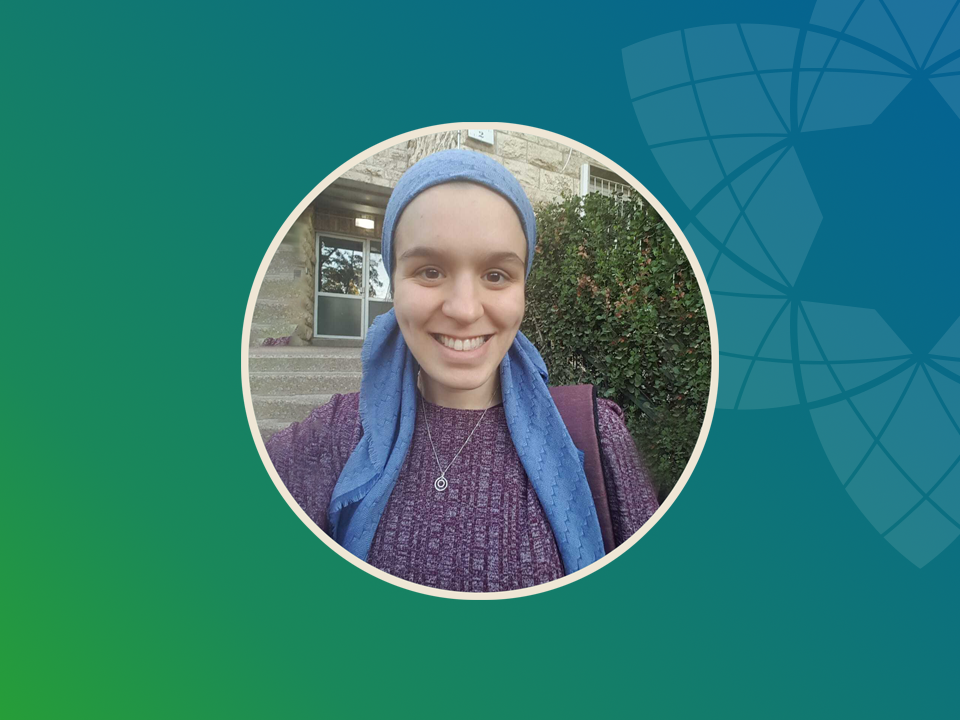
Day School Alumni Spotlight: Chana Meyers
November 23, 2021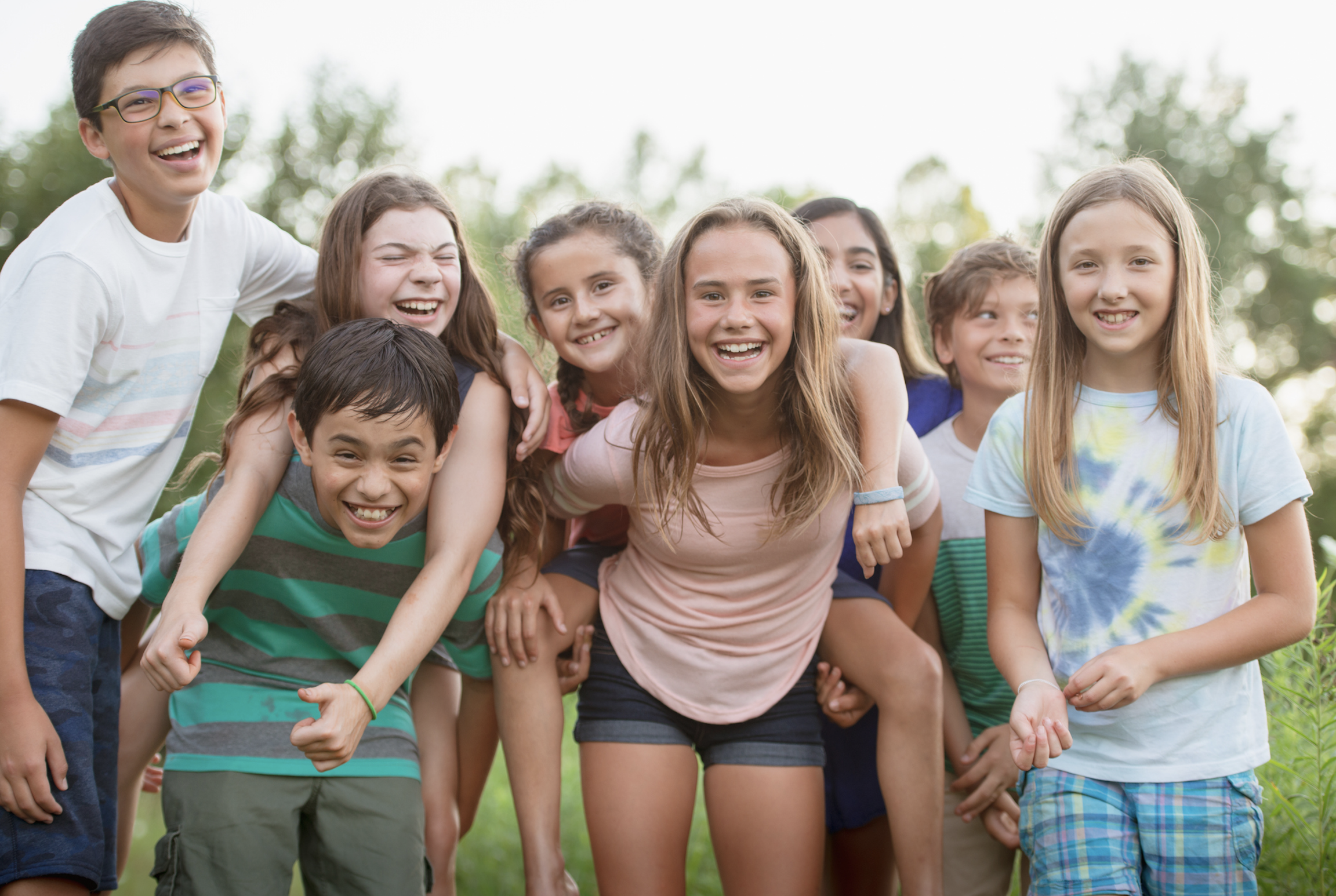
Samis Foundation Launches First Bold Initiative Supporting Youth Enrichment and Engagement Programming in Washington State
December 8, 2021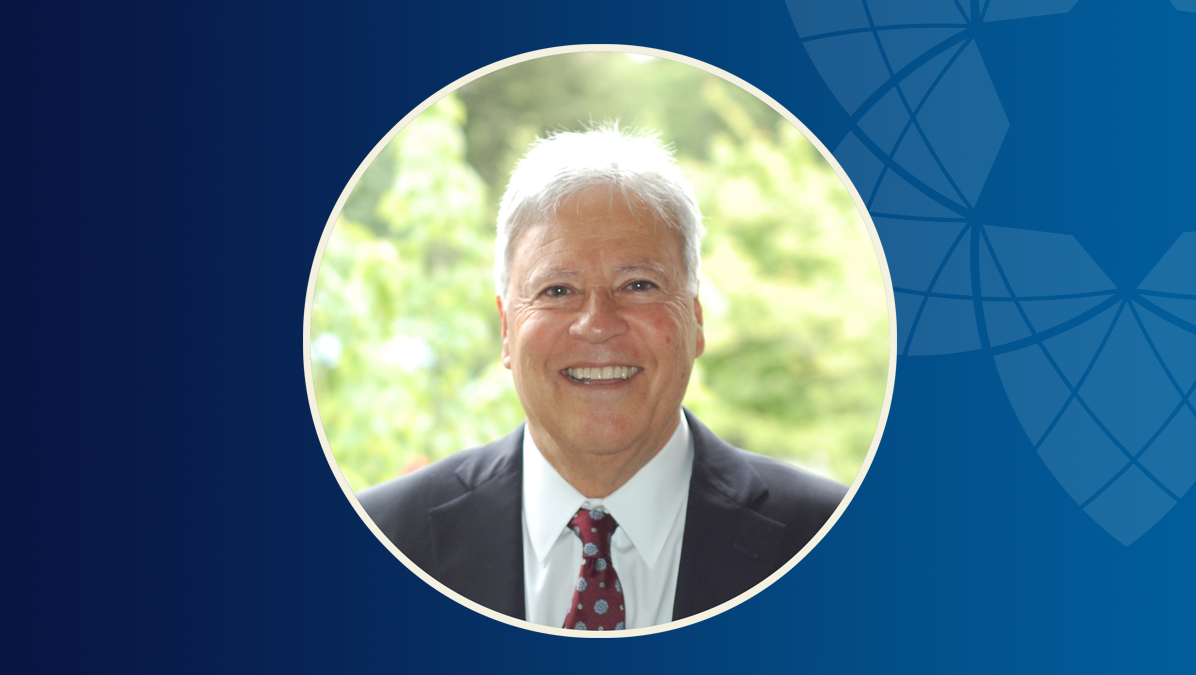
A conversation with Sam Israel’s great nephew, long time trustee and Samis Board Chair, David D. Azose
Years of Service: 16
Committee (s): Co-Chair Real Estate Committee, Executive Committee
Did you have a personal connection to Sam Israel before joining the board? What is your connection, if any?
My grandfather, who I was named after, was David Israel, Sam’s brother, so I was related to Sam through my grandfather. Like Sam, my grandfather was also a shoe repair man working in Seattle. I think he was the first from the Israel family to come to Seattle. Sam was a bachelor and my grandfather had a family, so growing up we didn’t see him much. I can only remember a couple of instances, one instance for sure, where we made a trip to Soap Lake to see Sam on his ranch. I can remember there were pictures of us on horses at his ranch.
The next real involvement that I had with Sam was when my daughter, who’s now 45, was 12 and had a school project report on a family member who was “interesting.” She said, “Can I do a report on Sam,” and I said, “I don’t know, let me check,” so I reached out to Eddie Hasson, because Eddie is my cousin and Eddie was very close with Sam. Eddie checked with Sam and Sam said, “Yes, I’m happy to meet with her.” I drove over with my daughter, my other two kids and my wife, and we met Sam in downtown Soap Lake. He said, “Okay, who wants to do this report on me?” Sam had an old jeep that he was driving and he said “Okay, you get in the car with me.” We followed him up to his ranch and spent all day with him. He was very nice. He shared his ideas of life and Israel, and all kinds of things with us. Sam had a real interest in photography. On his ranch he had some props, an old wagon or something, so towards the end of our visit he posed us with Sarah on the wagon and shot some pictures. It was pretty special and it was very nice to see him because he didn’t really know me from the other relatives. I’ve got that picture someplace now. It was a great experience.
Please describe your most memorable interaction with Sam.
Sam was very eccentric and he had very specific ideas about the way he looked at things. For example, he was very proud of the fact that he was able to live on his ranch on social security and still save money. He was always expressing the idea of how you need to “Always save, always put some money away and save.” He was involved with the Boy Scouts in Soap Lake and I remember that he made a presentation to the Boy Scouts – I think he may have given each boy $25 – and he said, “This is the start of your savings and I want you to save your money because it’s important for you not to just spend all your money.”
The other thing that was really kind of funny, is that Sam was a hunter. One time he told us this story of how he goes hunting and he says, “If I go out hunting for deer and I take a shot at the deer and it doesn’t hit the deer I never take a second shot. G-d is telling me that that deer is not to die and I’m not to kill that deer.”
He really had these interesting quirks about him. He also had a bunch of dogs that lived with him. There must have been 10 or 12 dogs, and instead of knowing the names of each one of his dogs, he named them all Mariuch. It was just hilarious. He also had a refrigerator outside that wasn’t connected to any electricity, but when you opened it up, he either had water or pop inside and he would open it up and ask if you wanted something. He was a real character.
Reflecting on Sam, I think about how he came from humble means and the good that he has done for our Jewish community is just unbelievable. I look back at his life, and while he was never married and had no children, the legacy that he left for the Jewish community of Seattle and for the State of Israel is unparalleled. It’s just absolutely amazing. Nobody in the family – while he was a wealthy person – expected anything from Sam. Everybody had to make it on their own. But I do remember that when my grandfather was getting old, he had diabetes and he needed to move into the Kline Galland home. But my grandfather had no money. He was a shoe repair man who just barely made it. The story that I heard was that the home reached out to Sam and said, “Sam you know we were interested in helping your brother, but can we ask you for a contribution” and Sam said, “yes, yes.” And I thought that was quite amazing for him to do for his brother.
What is the most meaningful story, event, or experience you can recall related to your service on the Samis Board?
There are lots of very memorable things for me. Visiting the schools and seeing the kids at the day schools participating, learning Hebrew, and getting a tremendous education has been very fulfilling. I especially enjoy camping. We visit all the camps – I am a firm believer in camps – and to see our camps and our grants help to increase the number of kids that go to camp has been remarkable. While I’d been to Israel a few times, I had not been to Israel in relationship to Samis and when I saw some of the things that we have funded in Israel, I was so impressed and felt great pride in what we’ve done. The impact we are making in all three areas of our philanthropy has just been unbelievable.
Which area of the Foundation’s philanthropy most resonates with you and why?
I think right now my mindset is in experiential education. Maybe it’s because I don’t have the day school background myself, or maybe because I think there are many kids whose parents can’t afford or choose not to send their kids to day schools. I think for the dollars that we spend on other programs, we touch so many more kids. I know that one of the experiences I had that’s really memorable was when we were in Israel years ago meeting with young people who had made Aliyah. One of the questions I asked was “What helped you make this decision to move to Israel?” Although I think many of them had gone to day schools, the majority said camp was a major factor in their decision to make Aliyah. That’s interesting to me. I think the teen Israel experience grants and scholarships, camping and youth programming we support, create touch points that these kids need, and that can potentially change a child’s life.
Where do you envision the Seattle Jewish community ten or twenty years from now?
There is no question in the last ten years that the Seattle Jewish community has changed dramatically. Families that I thought would never move away, and were so connected to Seattle and the Jewish community left. When I grew up you went to school at the University of Washington. You didn’t go away to college. UW was where you went to school and then you started working here, and you stayed here. That’s changed, and I think that for the Jewish community to survive, the communal organizations need to adjust and reflect that. I’m proud of what Samis is doing in terms of our strategic plan, attempting to get in front of these trends and to try to do our best to be part of that changing landscape.
When I grew up, everybody lived in Seward Park. I lived a block away from my synagogue. The kids you went to school with, the kids you went to camp with, and the kids that you went to synagogue with, you all lived within six blocks of each other. Even public school and day school kids were all at camp and synagogue together. You saw each other on a regular basis. Now people are spread out so much more. It is an interesting landscape that organizations must navigate to make and keep those Jewish connections.
I think, in the future, experiential education may become a larger part of Samis’ philanthropy. Maybe it won’t, but I think that we might need to do that so we hit a broader group of kids. My hope is for a vibrant Jewish community.
Lastly, I’d just like to say that I am so proud of the existing board, and the lifetime trustees that have put so many years into this Foundation. While I’ve served nearly 20 years, they’ve had 27 or 28 years on the Board, and the commitment that people have made to Samis – it is just unbelievable. I’m proud of the new trustees that we’ve brought in; the level of their sophistication and their knowledge and what they can bring to Samis. I’m also so proud of Connie and the staff, which have made our organization so much more professional in the last several years. We’ve made such big strides and I believe the future ahead of us is really amazing.
Years of Service: 16
Committee (s): Co-Chair Real Estate Committee, Executive Committee
Did you have a personal connection to Sam Israel before joining the board? What is your connection, if any?
My grandfather, who I was named after, was David Israel, Sam’s brother, so I was related to Sam through my grandfather. Like Sam, my grandfather was also a shoe repair man working in Seattle. I think he was the first from the Israel family to come to Seattle. Sam was a bachelor and my grandfather had a family, so growing up we didn’t see him much. I can only remember a couple of instances, one instance for sure, where we made a trip to Soap Lake to see Sam on his ranch. I can remember there were pictures of us on horses at his ranch.
The next real involvement that I had with Sam was when my daughter, who’s now 45, was 12 and had a school project report on a family who was “interesting.” She said, “Can I do a report on Sam,” and I said, “I don’t know, let me check,” so I reached out to Eddie Hasson, because Eddie is my cousin and Eddie was very close with Sam. Eddie checked with Sam and Sam said, “Yes, I’m happy to meet with her.” I drove over with my daughter, my other two kids and my wife, and we met Sam in downtown Soap Lake. He said, “Okay, who wants to do this report on me?” Sam had an old jeep that he was driving and he said “Okay, you get in the car with me.” We followed him up to his ranch and spent all day with him. He was very nice. He shared his ideas of life and Israel, and all kinds of things with us. Sam had a real interest in photography. On his ranch he had some props, an old wagon or something, so towards the end of our visit he posed us with Sarah on the wagon and shot some pictures. It was pretty special and it was very nice to see him because he didn’t really know me from the other relatives. I’ve got that picture someplace now. It was a great experience.
Please describe your most memorable interaction with Sam.
Sam was very eccentric and he had very specific ideas about the way he looked at things. For example, he was very proud of the fact that he was able to live on his ranch on social security and still save money. He was always expressing the idea of how you need to “Always save, always put some money away and save.” He was involved with the Boy Scouts in Soap Lake and I remember that he made a presentation to the Boy Scouts – I think he may have given each boy $25 – and he said, “This is the start of your savings and I want you to save your money because it’s important for you not to just spend all your money.”
The other thing that was really kind of funny, is that Sam was a hunter. One time he told us this story of how he goes hunting and he says, “If I go out hunting for deer and I take a shot at the deer and it doesn’t hit the deer I never take a second shot. God is telling me that that deer is not to die and I’m not to kill that that deer.”
He really had these interesting quirks about him. He also had a bunch of dogs that lived with him. There must have been 10 or 12 dogs and instead of knowing the names of each one of his dogs, he named them all Mariuch. It was just hilarious. He also had a refrigerator outside that wasn’t connected to any electricity, but when you opened it up, he either had water or pop inside and he would open it up and ask if you wanted something. He was a real character.
Reflecting on Sam, I think about how he came from humble means and the good that he has done for our Jewish community is just unbelievable. I look back at his life, and while he was never married and had no children, the legacy that he left for the Jewish community of Seattle and for the State of Israel is unparalleled. It’s just absolutely amazing. Nobody in the family – while he was a wealthy person – expected anything from Sam. Everybody had to make it on their own. But I do remember that when my grandfather was getting old, he had diabetes and he needed to move into the Kline Galland home. But my grandfather had no money. He was a shoe repair man who just barely made it. The story that I heard was that the home reached out to Sam and said, “Sam you know we were interested in helping your brother, but can we ask you for a contribution” and Sam said, “yes, yes.” And I thought that was quite amazing for him to do for his brother.
What is the most meaningful story, event, or experience you can recall related to your service on the Samis Board?
There are lots of very memorable things for me. Visiting the schools and seeing the kids at the day schools participating, learning Hebrew, and getting a tremendous education has been very fulfilling. I especially enjoy camping. We visit all the camps – I am a firm believer in camps – and to see our camps and our donations help to increase the number of kids that go to camp has been remarkable. While I’d been to Israel a few times, I had not been to Israel in relationship to Samis and when I saw some of the things that we have funded in Israel, I was so impressed and felt great pride in what we’ve done. The impact we are making in all three areas of our philanthropy has just been unbelievable.
Which area of the Foundation’s philanthropy most resonates with you and why?
I think right now my mindset is in experiential education. Maybe because I don’t have the day school background, or maybe because I think there are many kids whose parents can’t afford or choose not to send their kids to day schools and that for the dollars that we spend on other programs we touch so many more kids. I know that one of the experiences I had that’s really memorable was when we were in Israel years ago meeting with young people who had made Aliyah. One of the questions I asked was “What helped you make this decision to move to Israel?” Although I think many of them had gone to day schools, the majority said camp was a major factor in their decision to make Aliyah. That’s interesting to me. I think the teen Israel experience grants and scholarships, camping and youth programming we support, create touch points that these kids need, and that can potentially change a child’s life.
Where do you envision the Seattle Jewish community ten or twenty years from now?
There is no question in the last ten years that the Seattle Jewish community has changed dramatically. Families that I thought would never move away, and were so connected to Seattle and the Jewish community left. When I grew up you went to school at the University of Washington. You didn’t go away to college. UW was where you went to school and then you started working here, and you stayed here. That’s changed, and I think that for the Jewish community to survive, the communal organizations need to adjust and reflect that. I’m proud of what Samis is doing in terms of our strategic plan, attempting to get in front of these trends and to try to do our best to be part of that changing landscape.
When I grew up, everybody lived in Seward Park. I lived a block away from my synagogue. The kids you went to school with, the kids you went to camp with, and the kids that you went to synagogue with, you all lived within six blocks of each other. Even public school and day school kids were all at camp and synagogue together. You saw each other on a regular basis. Now people are spread out so much more. It is an interesting landscape that organizations must navigate to make and keep those Jewish connections.
I think, in the future, experiential education may become a larger part of Samis’ philanthropy. Maybe it won’t, but I think that we might need to do that so we hit a broader group of kids. My hope is for a vibrant Jewish community.
Lastly, I’d just like to say that I am so proud of the existing board, and the lifetime trustees that have put so many years into this Foundation. While I’ve served nearly 20 years, they’ve had 27 or 28 years on the Board, and the commitment that people have made to Samis – it is just unbelievable. I’m proud of the new trustees that we’ve brought in; the level of their sophistication and their knowledge and what they can bring to Samis. I’m also so proud of Connie and the staff, which have made our organization so much more professional in the last several years. We’ve made such big strides and I believe the future ahead of us is really amazing.

